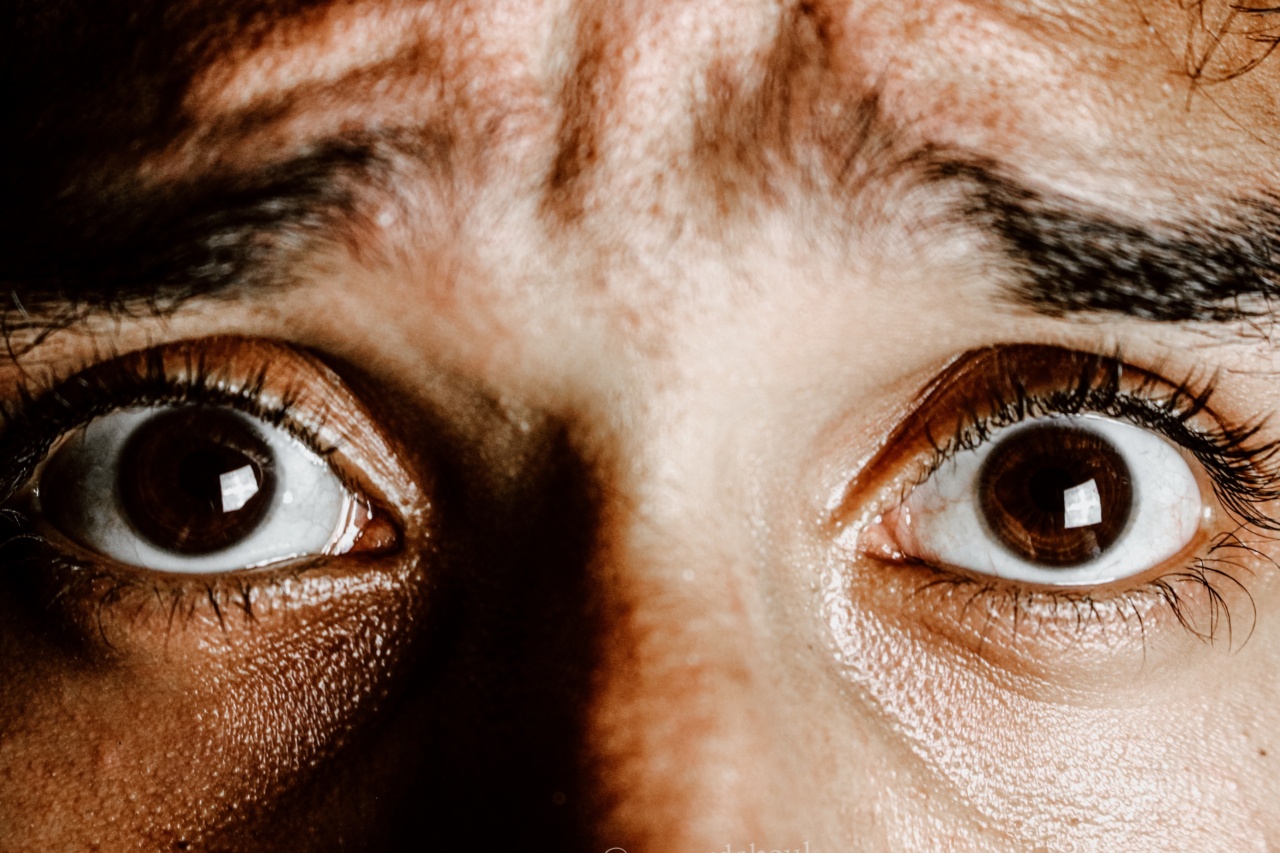Nervous shock is a common symptom that affects many people, but it is often overlooked or misunderstood. Nervous shock can occur for a variety of reasons, including traumatic events, illness, or stress.
It is important to be able to identify the symptoms of nervous shock so that you can take appropriate action and get the help you need to manage your symptoms.
Symptoms of Nervous Shock
The symptoms of nervous shock can be physical, emotional, and psychological. Some common symptoms include:.
- Numbness or tingling in the hands or feet
- Heart palpitations or rapid heartbeat
- Difficulty breathing or shortness of breath
- Feeling lightheaded or dizzy
- Sweating or feeling clammy
- Headaches or migraines
- Feelings of fear, anxiety, or panic
- Depression or mood swings
These symptoms can be mild or severe, and they can occur suddenly or gradually. It is important to note that nervous shock can manifest differently from person to person, and not everyone will experience all of these symptoms.
Causes of Nervous Shock
Nervous shock can be caused by a variety of factors, including:.
- Emotional trauma or distress, such as the sudden loss of a loved one
- Physical trauma or injury, such as a car accident or fall
- Illness or infection
- Chronic stress or anxiety
- Exposure to extreme temperatures or weather conditions
Some people may be more prone to nervous shock than others.
Factors that can increase your risk include a history of mental health issues, a family history of nervous shock or other mental health issues, and a predisposition for anxiety or panic attacks.
Treatments for Nervous Shock
The treatment for nervous shock will depend on the severity of your symptoms and the underlying cause of your condition.
In some cases, your doctor may recommend medication to help manage your symptoms, such as anti-anxiety medications or antidepressants. You may also benefit from therapy, such as cognitive-behavioral therapy or exposure therapy, to help you manage your symptoms and overcome any underlying fears or anxieties.
In addition to medication and therapy, there are many self-help techniques that can help you manage your symptoms and reduce your risk of future episodes of nervous shock. These may include:.
- Exercise regularly to help manage stress and anxiety
- Eat a healthy diet and stay hydrated
- Practice relaxation techniques such as meditation or deep breathing exercises
- Avoid drugs and alcohol, which can exacerbate symptoms of nervous shock
- Get enough sleep each night to help manage stress and anxiety
It may take some time to find the right combination of treatments for your nervous shock symptoms. Be patient and work closely with your doctor to develop a treatment plan that is tailored to your individual needs and goals.
When to Seek Medical Help
If you are experiencing symptoms of nervous shock, it is important to seek medical help right away. While the symptoms of nervous shock can be scary and overwhelming, they are usually not life-threatening.
However, in rare cases, nervous shock can lead to complications such as seizures or heart palpitations.
Call your doctor or seek emergency medical help if you experience any of the following symptoms:.
- Chest pain or pressure
- Difficulty breathing or shortness of breath
- Severe headache or migraine
- Loss of consciousness or fainting
- Seizures or convulsions
These symptoms may indicate a more serious underlying medical condition that requires prompt medical attention.
Conclusion
Nervous shock can be a scary and overwhelming experience, but it is treatable.
By learning to identify the symptoms of nervous shock, you can take appropriate action and get the help you need to manage your symptoms and reduce your risk of future episodes. Be patient with yourself and work closely with your doctor to develop a treatment plan that is tailored to your individual needs and goals.





























